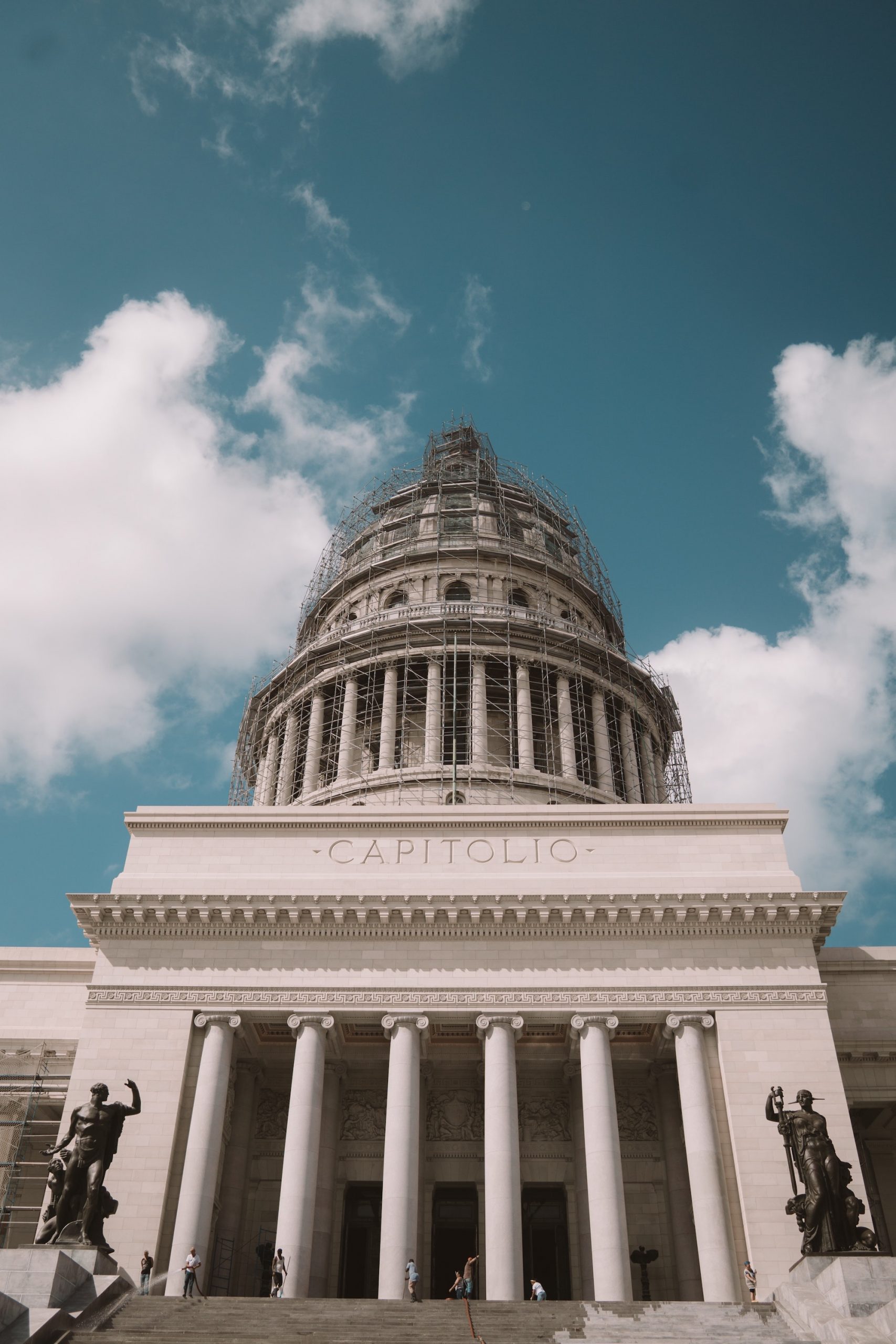Is Big Bird set to go on the dole?
It sure sounded like it during tonight’s presidential debate. When asked what sort of cuts he would make to reduce the deficit, GOP Presidential nominee Mitt Romney said that he would cut unnecessary programs, like, well:
I’m sorry, Jim, I’m going to stop the subsidy to PBS. I’m going to stop other things. I like PBS, I love Big Bird. Actually like you, too. But I’m not going to — I’m not going to keep on spending money on things to borrow money from China to pay for. That’s number one.
So does that mean that this is the end of the road for Big Bird? Will Elmo no longer have any reason to giggle? Is Oscar the Grouch really going to be reduced to living on the street?
Not so fast. It’s not as bad as you think: PBS isn’t actually wholly taxpayer supported. A little context is in order.
The Public Broadcasting Service (PBS) is a non-profit public broadcasting television network founded in 1969. It is not a single entity but rather is comprised of member stations; there are 354 such in the U.S. Those member stations can produce their own content or air other programs. Certain programs are standard across the network which is why we tend to associate PBS with specific shows. For example, you likely know PBS from shows like NewsHour, Masterpiece (yes, that’s how the US grew to know and love Downton Abbey) and of course, Sesame Street and the Electric Company.
The original mission of PBS was to provide access to programming – particularly to those in rural areas and those who could not afford to pay for private television channels. I lived in one of those households which relied on PBS. I grew up in rural North Carolina and our TV service was spotty. We got PBS for free. We also got ABC and NBC on a mostly regular basis (thus largely explaining my mad crush on Tom Brokaw) – and if the weather was just right and if my brother held the antenna a certain way, we could occasionally get CBS. But PBS was how folks in my town watched television – especially educational television. I can’t tell you how many kids in my school probably learned to read watching episodes of Sesame Street.
PBS is not primarily funded through federal tax dollars. In contrast, it’s largely supported by, well, viewers like you (sound familiar?). Almost 60% of funding for public television comes from private donors or grants. Additional funding is provided by dues paid by member stations.
The federal funding that Romney was referencing isn’t a direct subsidy to PBS. The funding actually flows to the Corporation for Public Broadcasting (CPB). CPB was created by Congress before PBS existed, in 1968 after the promotion of public media was noted “of appropriate and important concern” to the federal government. By statute, the board of CPB is to be bipartisan: three Democrats and three Republicans. As part of its mission, it supports not only PBS but also National Public Radio (NPR)
(And yes, I am well aware that all of these acronyms feel very much like an episode of Sesame Street…)
For fiscal year 2010, federal funding for PBS through CPB accounted for about 12% of PBS’ revenue. In terms of dollars, that works out to about $300 million. There’s not much wiggle room to be had: the money that actually goes to CPB is split according to a mostly statutory formula. For 2015, Congress has budgeted $445 million for CPB. That’s less than 1% of the budget. Way less. It’s about 1/100th of a 1%.
I’m not disparaging cutting waste: cutting waste is good. But with a deficit as large as the current one, if you’re going to focus on cuts, we should focus on real cuts. By the numbers, cutting funding for PBS won’t save the budget. Not by a long shot.
So will it kill Big Bird? He might need smaller digs but chances are, cuts to PBS won’t kill off Sesame Street and other major programming. What will happen, realistically, is that public television stations would have to find alternate sources of funding. Larger markets, like the one I live in now, would likely survive. But chances are that those smaller markets, like the one I used to live in, would have to shut off the lights. That is, of course, the irony, since those smaller markets are the very ones that PBS was intended to serve when it was created.



